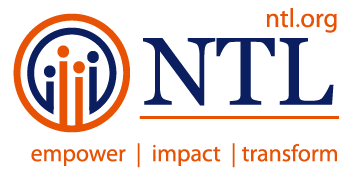Over the last three-and-a-half years, in my role as Executive Director of the OD Network, and also by nature as a student of human systems, I have been standing on the margins of the field of OD and trying to create a coherent story from the different clusters of perceptions about our work that I have been collecting from our thought leaders, our colleagues, and our customers. While I have made some satisfying progress in trying to make sense of our evolution, ours is an applied field, and this task has, as you might imagine, not been an easy assignment. Nonetheless, it has been a necessary step in the OD Network’s efforts to clarify and stake out the center of the field, to serve as a core node in a network-of-networks, and to bring more visibility, credibility, and influence to our profession in the larger world. Thus, throughout my tenure, much of my own work has been focused on helping those of us who practice OD to talk about its purpose more simply and clearly, to measure and report the effectiveness of our work more intentionally, and to promote its value vigorously and relentlessly. What We are Facing While I know these days we have begun to hear more uncertainty about the future of the field and more predictions about the inevitable demise of OD, when I take a step back from those assumptions, I am not so convinced that our days are numbered. However, I am aware that we seem to be struggling with the same issues that were bedeviling us when I entered the field over 30 years ago. For instance, why do we still have such trouble describing what we do? Are we serving human needs or business goals, or both? Do we really need to ground our work in theory and research, or is our intuition about a process or an intervention sufficient? How do we catch the eye of key decision makers and gain their regard, trust, and engagement? Can we add value no matter where we work and yet remain true to our values? Obviously, these are not trivial questions, and yet perhaps there is no way to answer nor resolve them definitively. In fact, these are the types of complex, knotty questions we often use to stage important conversations in the organizations that we are serving. But it is not facing a set of ‘unanswerable’ questions that unnerves me, it is encountering, again and again, these particular questions. Clearly, in the words of those respected rock-and-roll philosophers, the Talking Heads, it is the “same as it ever was,” and I believe that our inability to come to some reasonably satisfying, collective resolution is not serving us well as a field, and that this confusion itself may contribute to our diminishing footprint.

